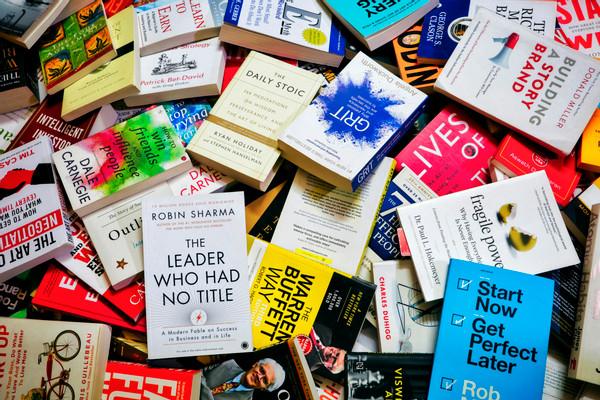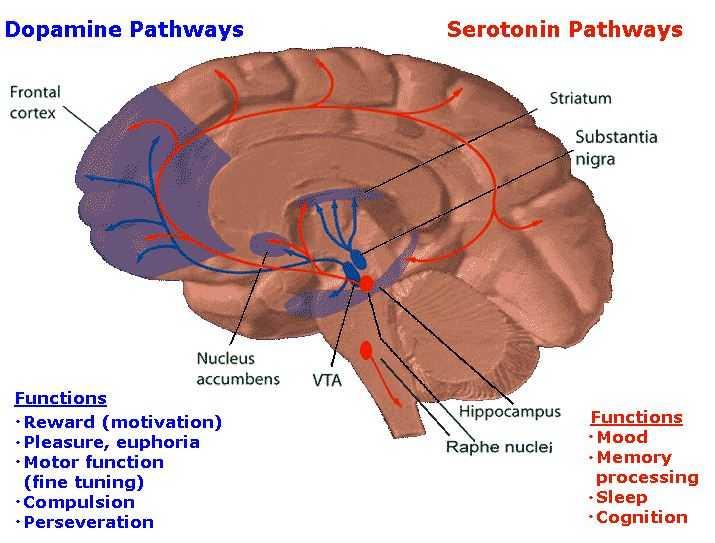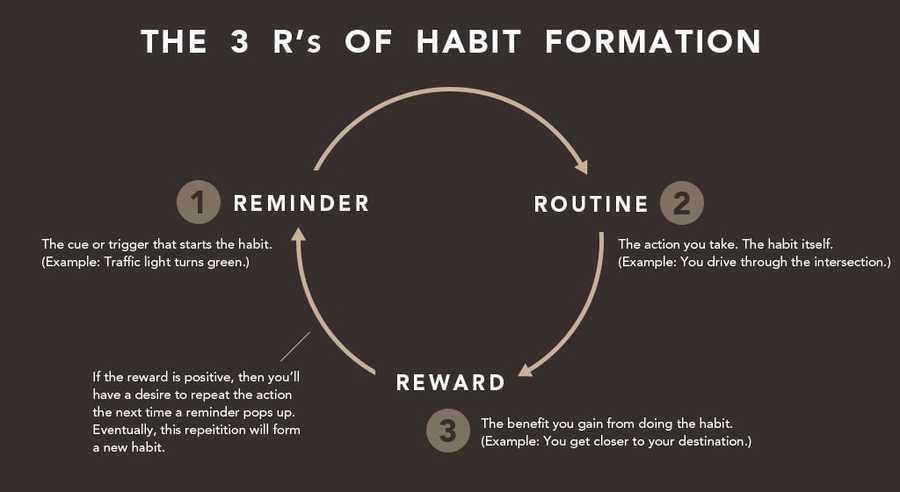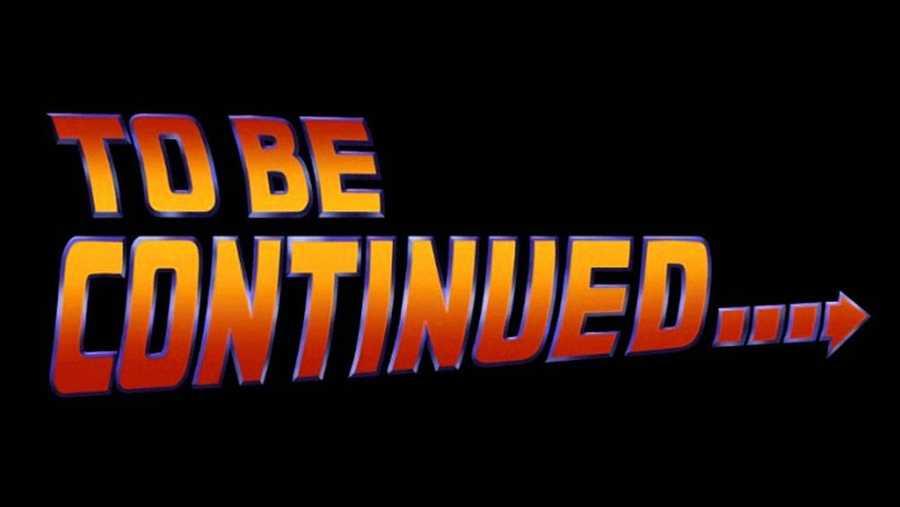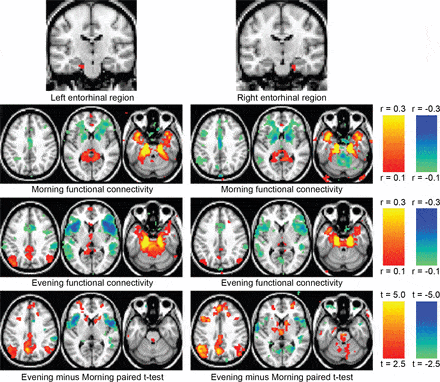5 Powerful Mind Hacks to Read 10X More Books This Year
Curated from: lifehack.org
Ideas, facts & insights covering these topics:
7 ideas
·14.6K reads
78
Explore the World's Best Ideas
Join today and uncover 100+ curated journeys from 50+ topics. Unlock access to our mobile app with extensive features.
Read For Immediate Rewards
Studies show that there’s correlation between human behavior change and immediate rewards. Receiving immediate rewards releases dopamine in our brains, which compels us to seek more of the activity at hand.
By itself this isn’t enough to form a habit, for that, the brain needs to be expecting the reward. We can apply this mind hack to books, by reading about topics that we can immediately apply to improve our lives.
579
2.45K reads
Use Triggers to Your Advantage
We often start habits and drop them a few days later. To combat this, you can use triggers to remind you to practice the habit. Examples of triggers:
- Reading at the same time everyday will prime your brain to automatically trigger itself to begin reading.
- Leaving your books in places you will easily see is another trigger. If you read books digitally you could pin your tab so it’s always in your visual perspective.
592
1.9K reads
Stop Before You’re Finished
Studies indicate that the Zeigarnik Effect is real. It says you are more likely to recall uncompleted tasks than completed ones.
Knowing this pattern of our brains, we can trick it by forcing cliffhangers when we’re reading books. It’s hard to stop reading in the most interesting part but it will make you want to start reading again.
580
1.88K reads
Do It Early
Our willpower is limited and, nowadays, deeply strained by resisting numerous distractions.
If reading requires your willpower, then doing it early in the morning gives you the best chance of doing it, as studies show that just after waking is the moment when the prefrontal cortex is most active (a key element to the creative process).
561
1.7K reads
Starting With Small Steps
Taking small steps consistently is applicable to achieving most goals, as it allows us to gain momentum without overwhelming ourselves.
Start small and do it now. Then do it again tomorrow.
505
1.58K reads
“When mastery is the goal, spending an exorbitant number of hours in one sitting will likely lead to burnout. We don’t go to the gym expecting to put on 20 pounds of muscle in a single, day-long workout. Instead, we do several short workouts a week, spread out over months. Our bodies need time to heal; our muscles time to grow. And the same goes for that muscle inside your skull. When trying to develop a new skill, the important thing isn’t how much you do; it’s how often you do it.”
JACK CHENG
585
1.6K reads
“People still have the same self-control as a decade ago, but we are bombarded more and more with temptations. Our psychological system is not set up to deal with all the potential immediate gratification.”
KATHLEEN VOHS
491
3.49K reads
IDEAS CURATED BY
Bentley 's ideas are part of this journey:
Learn more about business with this collection
How to challenge assumptions
How to generate new ideas
How to break out of traditional thinking patterns
Related collections
Similar ideas
Read & Learn
20x Faster
without
deepstash
with
deepstash
with
deepstash
Personalized microlearning
—
100+ Learning Journeys
—
Access to 200,000+ ideas
—
Access to the mobile app
—
Unlimited idea saving
—
—
Unlimited history
—
—
Unlimited listening to ideas
—
—
Downloading & offline access
—
—
Supercharge your mind with one idea per day
Enter your email and spend 1 minute every day to learn something new.
I agree to receive email updates
